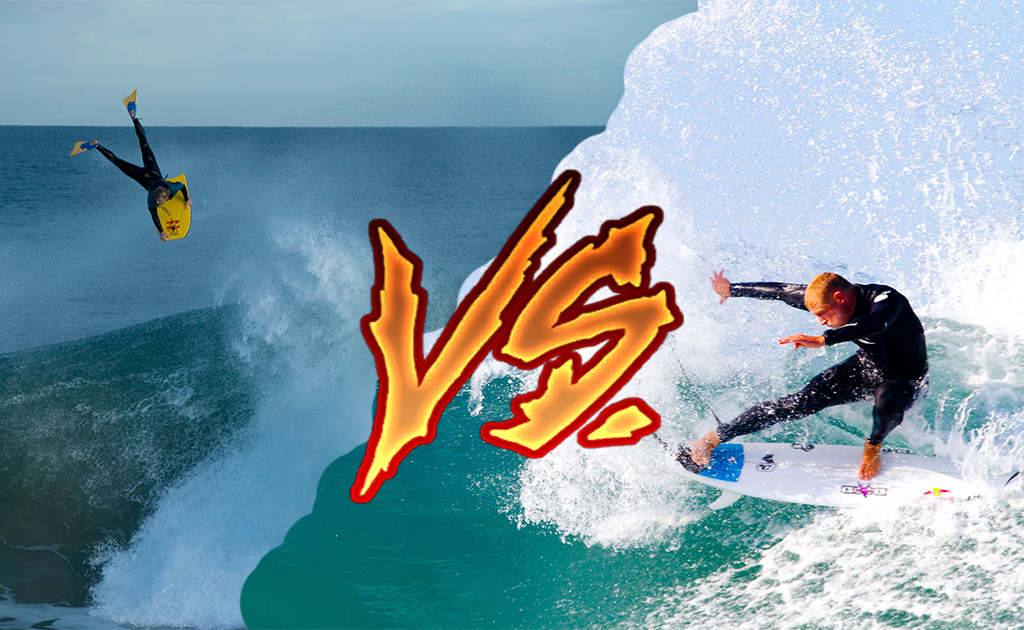
Are you a surfer or are you a bodyboarder?
That is the question.
If your home break is a spot shared by surfers and bodyboarders alike, you’ve probably heard side comments about the unspoken rivalry. Nobody knows who declared this psychological war between wave riders and their differing weapons of choice, but it looks like the silent tug-o-war is here to stay. On less fortunate days or drunken nights, you’ll catch a surfer and a sponger in a heated debate.
More...
The Rivalry
So how did it all begin?
Surfing has always enjoyed an elevated status as the sport of kings.
History has it that the first surfers among the Pacific dwellers were those who had royal blood. This status gave surfing its sublime appeal, making it aspirational and somewhat exclusive.
The trend caught on. In recent decades, surfing has enjoyed a similar glamour to royalty in mainstream media. Global surf competitions, giant surf brands, million-dollar surf movies, and all the images circulating on print and digital media can all attest to the overgrown bubble that has enveloped much of surfing, as we know it today.

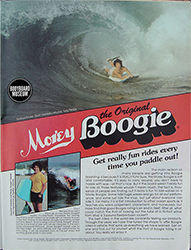
Tom Morey burst that bubble when he invented the bodyboard in 1971.
Morey himself was an avid surfer, but he was overtaken by a deep desire to share the joy of wave riding with as many people as possible. He developed a board template that was shorter than the average surfboard and also made of different materials to make it safer to use by anyone. When the bodyboard became commercially available, it became easier for all types of individuals—young, old, and older—to paddle to the lineup and catch a wave to get their fill of stoke.
It didn’t help that a lot of the surfers today started on a bodyboard. Therefore, they associate bodyboarding with a childhood activity or something they could practice on before moving on to the real deal. Some people say it works like training wheels on a bike.
But is bodyboarding really inferior to surfing? We believe that they are both awesome ways to enjoy waves in the ocean. Just because they’re different doesn’t mean one is better than the other.
The Actual Surfing Difference
Surfing
PRO's
- Surfers point out that surfing can be harder because of all the different variations you can perform while riding on a surfboard. You can do a lot of tricks on a surfboard that you won’t be able to do if you were on a bodyboard.
- Surfing offers more variation on equipment: from longboards to shortboards and different fin set-ups.
CON's
- Hard boards are banned from black ball areas. Meanwhile, there are no prohibitions against bodyboarders. Who is most likely to get insanely barreled in that black ball beach break? A bodyboarder, no doubt. No surfers allowed.
- When you experience injuries and old age, your ability to keep up with the waves and your board drops down a few notches. Unless you get on a bodyboarder, you’ll have to miss out on all the action.

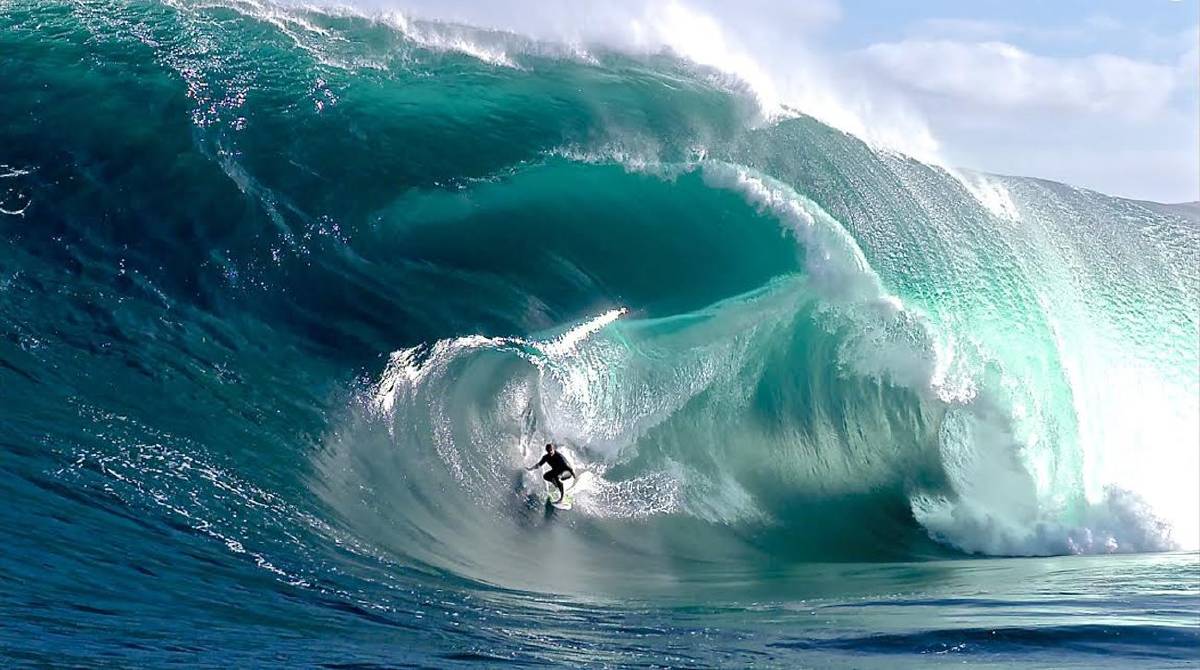
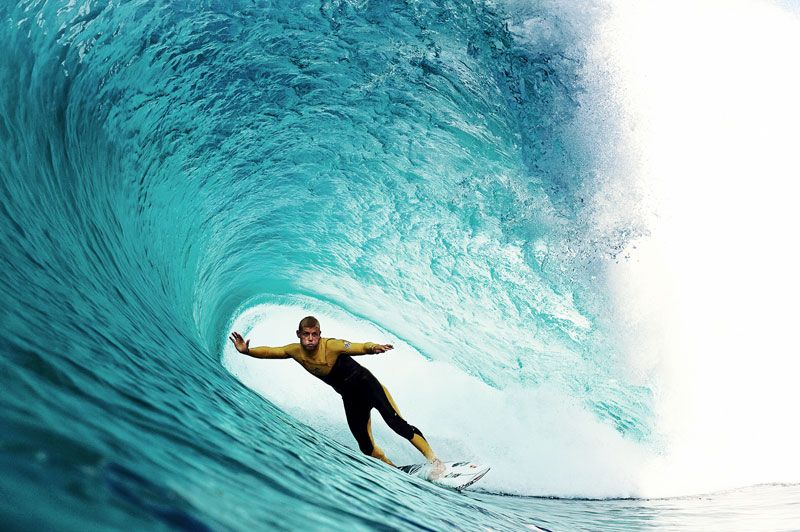
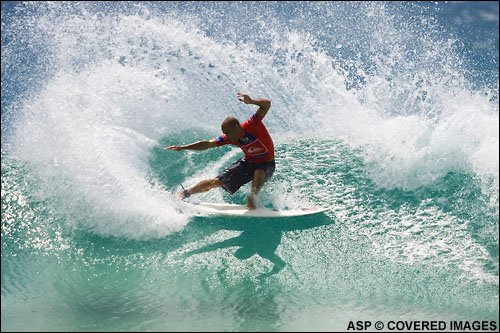

bodyboarding
PRO's
- You can charge bigger waves like it was a walk in the park with a bodyboard because the prone position offers more stability and balance. You also won’t have to worry about falling off and wiping out at critical points. Your bodyboard will help you stay safe.
- Bodyboarding can be enjoyed by riders of all ages and physiques. If you are nursing an old injury, bodyboarding will be kinder to it.
- Who says bodyboarding isn’t serious surfing? If you become a serious rider, you’ll have way more fun than anyone else. You’ll get to ride waves in more radical ways and you sure will have the biggest smile on your face.
CON's
It’s hard to think of a downside to bodyboarding. If you can tune out the haters, you’ll have no reason to regret picking up a bodyboard.

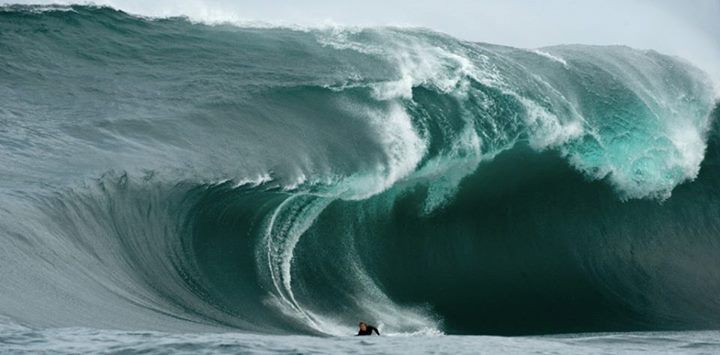
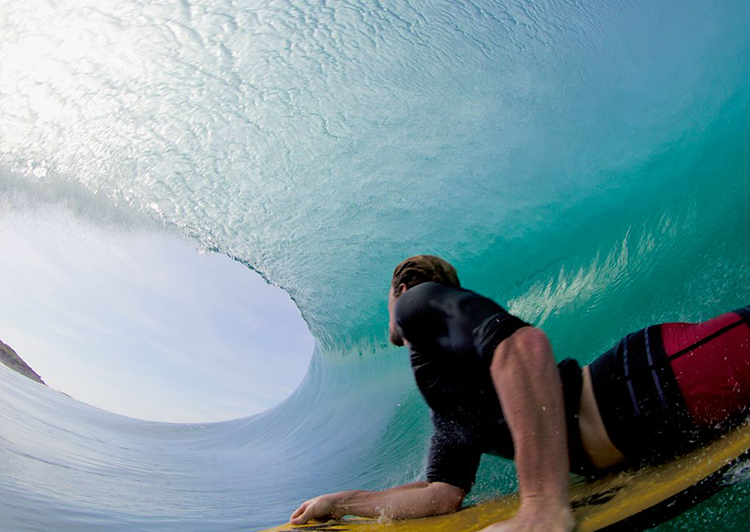
Conclusion: Which one is right for you?
The ocean is for everyone and there are a lot of different ways to enjoy it. If you enjoy riding surfboards, don’t shun its cousin, the bodyboard. If you’re a sponger for life, don’t turn a blind eye to surfboards.
Both surfing and bodyboarding are amazing ways to express the self in water. Surfers have a certain finesse and grace that’s fun to watch, and bodyboarders have an edgy playfulness that’s hard to top. Both riders can get pitted or can launch into the air regardless of what they ride.

We are all allowed to develop our own personal styles. If we can achieve that with a bodyboard or a surfboard, then there is no need to justify which one is better. If you are after endless good vibes, good company, and days of stoke, go after it— whatever you choose to ride.
Infographic





